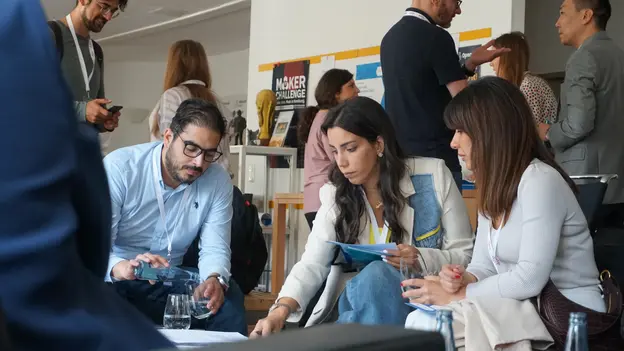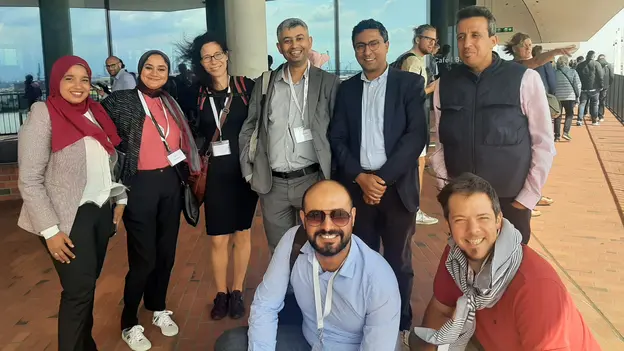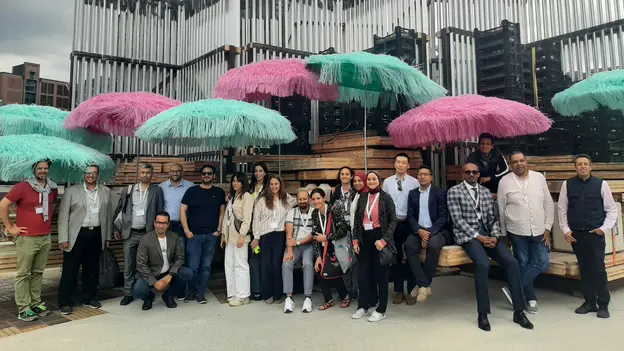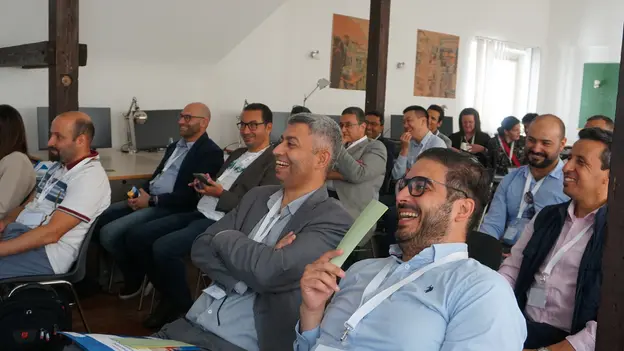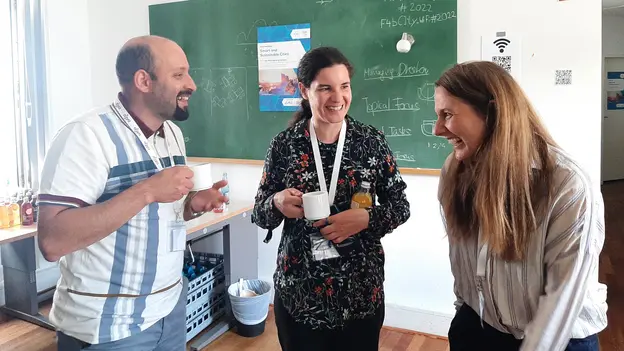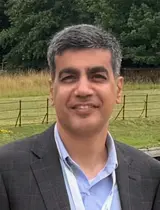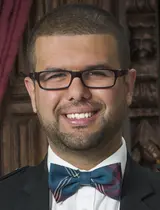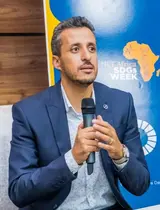Working Group Project
Navigating the Future: Community-Centered Concepts for Smart and Sustainable Cities
In the face of accelerating urbanisation and escalating environmental challenges, cities worldwide find themselves at a critical juncture. These challenges are not only reshaping the way we live and interact with our surroundings but also driving the global emergence of "smart" cities. As we stand on the cusp of a transformative era, where information technology innovations are at the forefront of urban development, it is essential to bring together diverse perspectives from various fields to comprehend the intricacies of urban transition.
This urgency is underscored by the rapid pace of urbanisation, with projections indicating that 68% of the world's population will inhabit cities by 2050. In response, scientists, policymakers, and local initiatives are actively seeking strategies to foster the circularity of local material flows and enhance the overall resilience and self-reliance of cities and their critical infrastructures. This sets the stage for the exploration into innovative solutions and interdisciplinary collaborations for the creation of smart and sustainable urban spaces.
Building on the achievements of previous AGYA projects in 2018 and 2019, the AGYA Working Group Innovation focuses on concepts for human-centered smart cities.
A Multidisciplinary Perspective on Smart City Concepts
In a workshop organised in cooperation with Fab City Hamburg, AGYA members, leading researchers, and young entrepreneurs in the fields of urbanisation and urban and sustainable technology came together to develop a holistic overview and a shared understanding of diverse approaches within recent research on smart and sustainable cities. The workshop's central focus revolved around urban data platforms and urban metabolism, serving as key tools to facilitate the comprehensive description and analysis of material and energy flows within cities. Additionally, the exploration included blue-green infrastructures and the integration of human and community-centered urban transition models.
The primary goal of the workshop was to foster collaboration among scientists from diverse disciplines. Their collective efforts aimed to unravel interdisciplinary perspectives and devise solutions for the development of smart and sustainable cities – covering diverse aspects from innovative urban waste to smart traffic light management. Emphasis was placed on scrutinising urban material flows, exploring related urban data platforms, delving into the intricate dynamics of the energy-sustainability nexus in cities, and formulating pertinent policies for urban transition.
The collaborative endeavour of this workshop sought to create a nuanced understanding that could inform recommendations for researchers, policy makers, and industry representatives. Their efforts materialised in a follow-up project of the working group which envisions the preparation of a white paper containing a set of policy recommendations tailored for stakeholders invested in the evolution of urban spaces. The document aims to guide the development of smart and sustainable cities, ensuring a resilient and sustainable future for urban populations worldwide.
- Disciplines Involved
- Computer Sciences, Information Technology, Physical and Material Sciences, Biology, Economy, Engineering, Architecture, Environmental Sciences, and Humanities
- Cooperation Partners
- Helmut-Schmidt-University Hamburg, New Production Institute Hamburg, Fab City Hamburg
- Project Title
- Smart and Sustainable Cities: Blue-Green Infrastructures and Concepts of Human and Community-Centred Urban Transition Models
- Year
- 2023
- Funding Scheme
- Working Group Project
- Working Group
- Innovation
- Countries Involved
- Germany, Libya, Lebanon, Morocco, Algeria, Egypt, Oman, Palestine, United Arab Emirates
